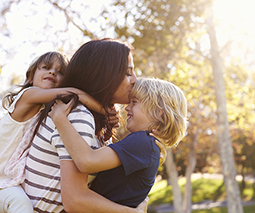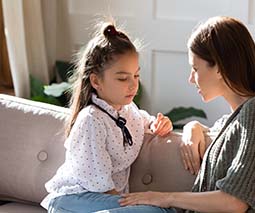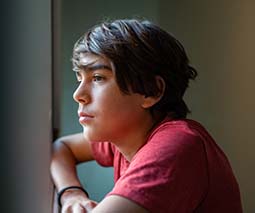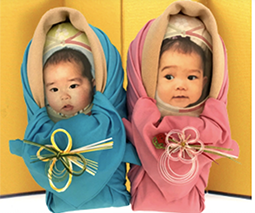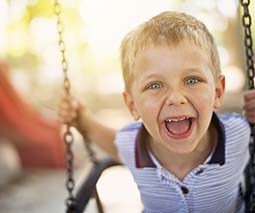Researchers say second-born kids are more likely to be rebellious
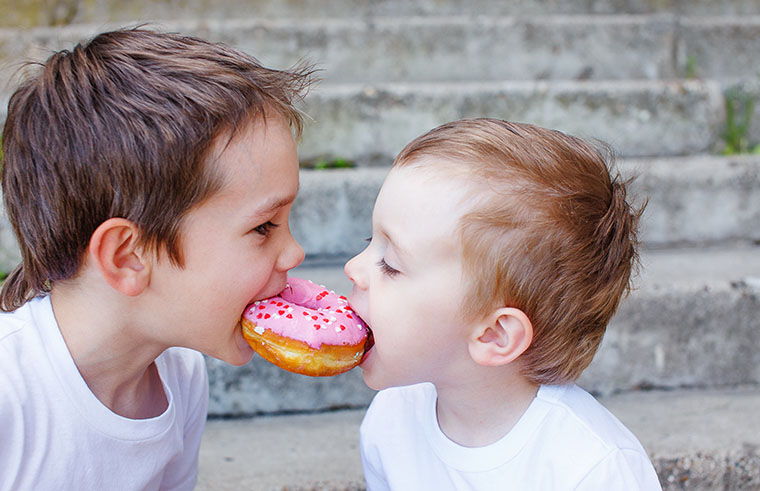
A study conducted across Denmark and the United States has revealed second-born children are more likely to be risk-taking troublemakers than their older siblings and many parents are muttering, “No sh*t, Sherlock,” as they coax kiddo number two down from that tree!
Rebel, rebel?
The very thorough study looked at over 2 million children in Denmark and the US. It’s (quite judgementally if you ask this second-born child!) called Birth Order and Delinquency, and it researched how birth order might impact kids’ disciplinary problems at school, how it might affect juvenile delinquency, and whether it might contribute to adult crime.
Its authors found some compelling patterns as they trawled through the data:
- Second-born boys are much more likely to exhibit delinquency than an older sibling, while the rebellious streak in second-born girls is not as marked.
- There was no evidence that second-born children were less healthy, in fact second-born children appear to be healthier at birth and have lower rates of disability in childhood.
- There was no evidence that parents invested less in their second-born children’s education.
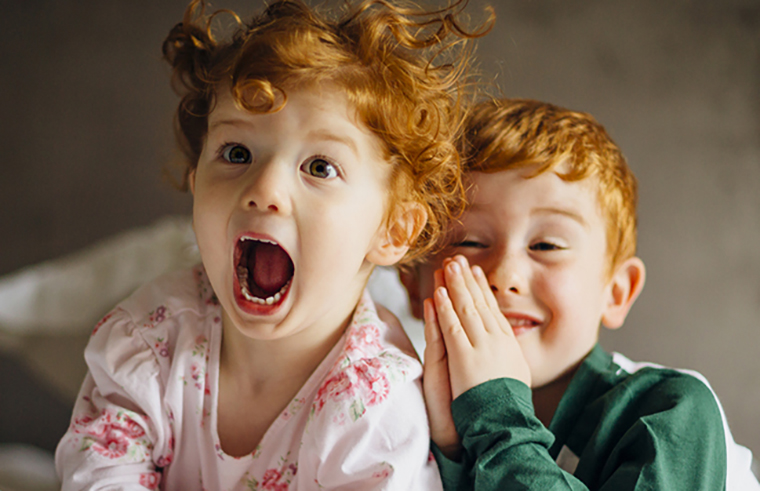
Attention deficit?
The researchers concluded the time parents spend with first and second born kids often differs – and this could be where the roots of rebellious behaviour are sown. Cue: buckets of parental guilt.
“We consider differences in parental attention as a potential contributing factor to the gaps in delinquency across the birth order,” the study’s authors said.
The research team hope their work will spark further discussion on parental leave and exploration into the best balance for children, mums and dads.
“Our findings regarding systematically different dosages of early-childhood parental attention as a plausible mechanism also engender further discussion of parental leave as a long-run social benefit,” the authors wrote.
Other experts say that first-born kids model their behaviour on their parents, whilst second-born kids have siblings as their role models. This may contribute to these behavioural differences too, they point out.
Obviously there is more work to be done if we want to get to the bottom of this.
The implication that time spent at home with kids reaps the reward of ‘good children’ is slightly problematic. And, not everyone has the choice to spend more time with kiddo number two (or three or four, even!). Research does suggest, however, that quality time, above quantity time with kids is important.
 Need some support to be the best parent you can be? Our Parent School parent coaching experts can help. Click to find out more or book a one-on-one session.
Need some support to be the best parent you can be? Our Parent School parent coaching experts can help. Click to find out more or book a one-on-one session.


